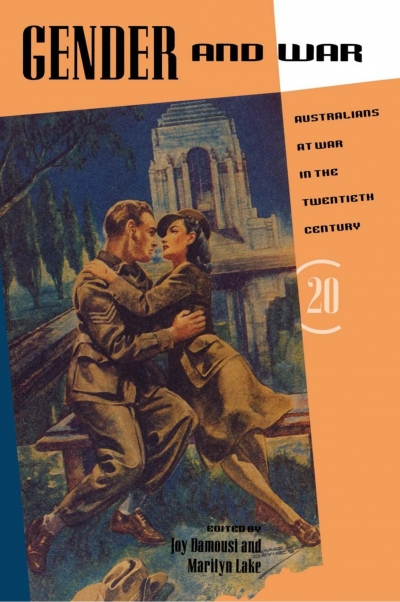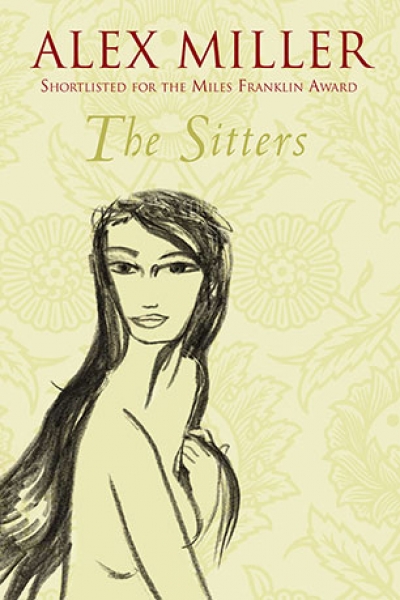Archive
Gender and War: Australians at war in the twentieth century edited by Marilyn Lake and Joy Damousi
I grew up in a once-upon-a-time land when milk and loaves appeared at the door to the jingle of bells and the clopping of hooves, when housewives were wistful Cinderellas in sacking aprons and hair permanently rollered for the ball, when men wore hats, and lifted them to the funerals of strangers passing in the street. That time – the forties, the early fifties – has been mythologised into a Camelot of Anglo-Celtic virtue, or a dark age of tribalism and British cooking. In my recollection, of course, it was neither, but simply the way things were. It is disconcerting to find one’s private past, one’s little collection of ordinary memories, become a matter of ideological dispute, and to discover, after peaceful decades spent reading historical documents, that you have become a historical document yourself.
... (read more)I remember hearing about the first Somerset Celebration of Literature when I was in Europe last year. The letters and postcards arrived: imagine a private college paying for Peter Carey to fly out first-class from New York to attend a literary event. Everyone was fixated on the details: limousines for authors; personal minders taking care of presenters; an army of volunteers looking after every detail.
... (read more)Dear Editor,
Congratulations to Fiona Capp for her excellent essay in the Feb/March ABR on journalism and fiction. Parts of it have etched themselves in my memory. It’s great to see work that is not only well written and structured but is also about something that matters.
It’s a pity that ‘Microstories’ is no more. It’s been a showcase of fresh names and approaches, one not offered elsewhere. ‘That Was Jeff’ by Michael McGirr, for example, stands out as an example of tight, powerful fiction. We can find previews of longer pieces by established writers in other journals but if we must have them, why not continue microstories in every second issue?
... (read more)







